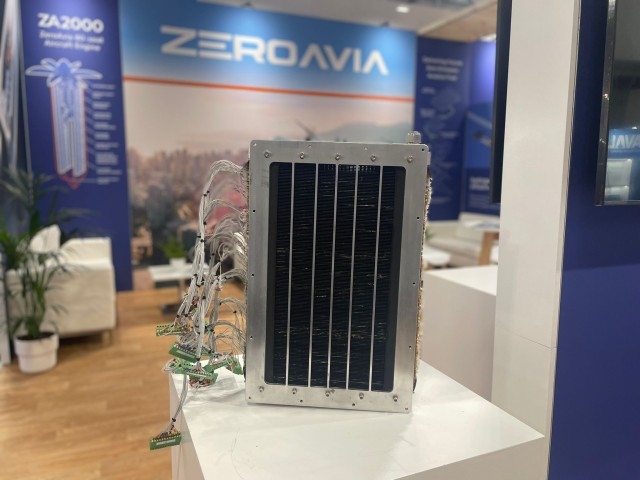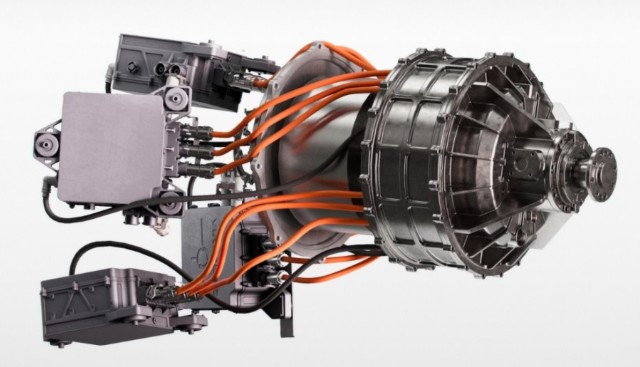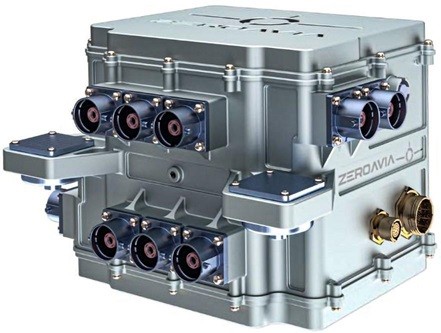Exhibition category
Contact address
| Address | Hangar C2, Cotswold Airport, Gloucesterhire, United Kingdom |
|---|---|
| Telephone | 07566287551 |
| URL | https://zeroavia.com/ |
| marketing@zeroavia.com |
Main exhibits 1
High Temperature PEM Fuel Cell Power Generation System for Hydrogen-Electric Powertrains
ZeroAvia’s High-Temperature Proton Exchange Membrane (HT-PEM) fuel cell stack is a turbo-air cooled modular system which can offer up to 3.5 kW/kg specific power, supporting a variety of commercial aviation, eVTOL and UAV applications.
A critical component for ZeroAvia's ZA2000 hydrogen-electric engine for large regional turboprop aircraft, these in-house designed and manufactured HT-PEM fuel cell stacks deliver record power-levels with high efficiency and aviation optimized architecture.
They are constructed using ZeroAvia’s proprietary conductive coatings that enable the application of aluminium bipolar plates, and a novel approach to advanced membrane electrode assembly (MEA).

Fuel Cell Datasheet 12 digital (1) (PDF file - 1,841KB)
Main exhibits 2
ZeroAvia hydrogen-electric powertrains
ZeroAvia is working to deliver the clean future of flight for the entirety of aviation by enabling electric propulsion. With a primary focus on developing hydrogen-electric (fuel cell-powered) engines, ZeroAvia has submitted its first powertrain (ZA600) for up to 20 seat planes for certification and is working on a larger powertrain for 40–80 seat aircraft (ZA2000).
ZeroAvia's powertrains will be on display as part of interactive digital experiences, alomgside an immersive model of the future Hydrogen Airport Refueling Ecosystem.
The company has signed a number of key engineering partnerships with major aircraft OEMs and has nearly 2,000 pre-orders for engines from a number of the major global airlines including American, United and Alaska Airlines.

Zero_Avia_A4_Brochure_Portrait-DIGITAL-Kibble-Design-V3 (up to date with PRINT V5.3) (1) (PDF file - 2,932KB)
Main exhibits 3
ZeroAvia Silicon Carbide Inverters
The ZeroAvia inverter is a Silicon Carbide (SiC) based high efficiency integrated bidirectional system, specifically designed for high altitude and unpressurised area operations. Its state-of-the-art design represents a breakthrough in inverter performance, already operating at 230 kW from 800 Volt DC supply, with a continuous power density of more than 20 kW/kg.
Inverters take the DC power supplied by the electric power source and convert it to Alternating Current while controlling the flow to electric motors. Power sources can be hydrogen fuel cells (as in ZeroAvia powertrains), batteries, or even various hybrid systems.
ZeroAvia’s silicon carbide inverters feature a number of innovations in semiconductor module design, gate driver design, modularity of phase circuits, and high degree of manufacturability. Additionally, advanced thermal management technologies and integration enable reliable high performance at altitude and successful powertrain compartment location.


